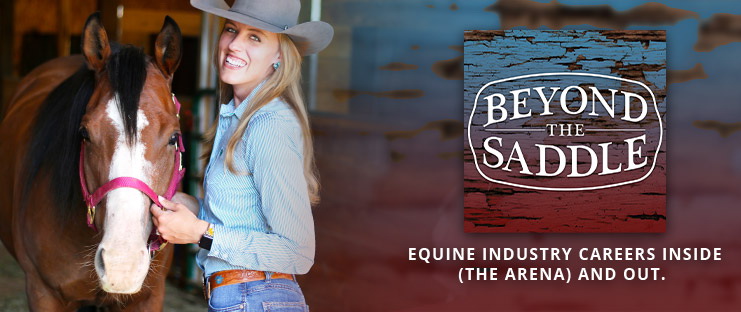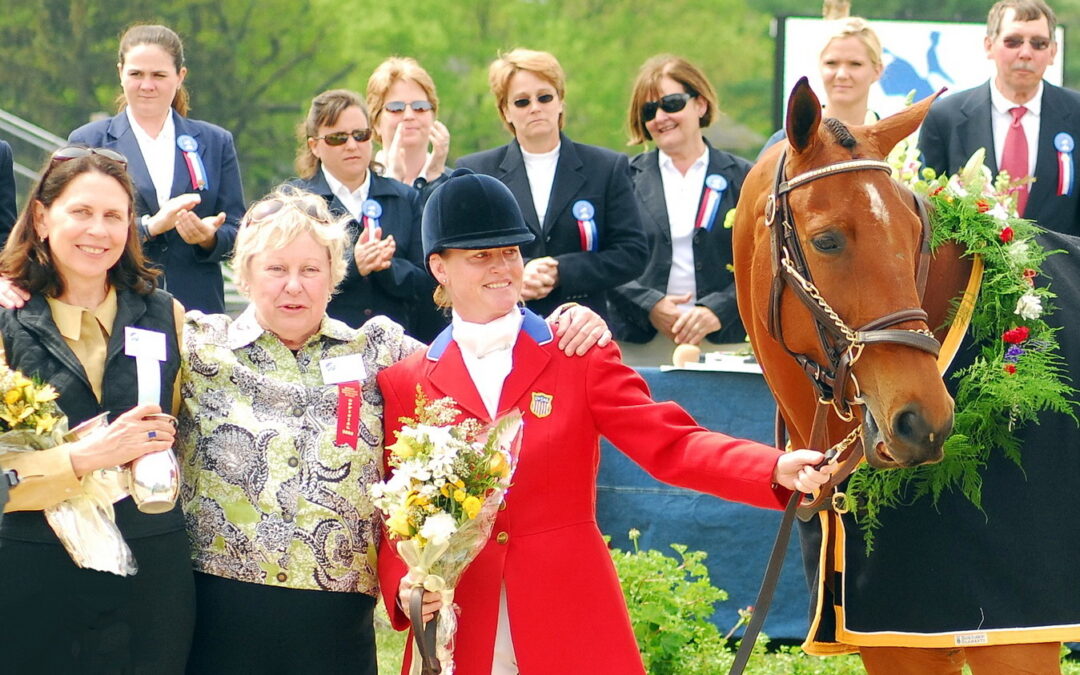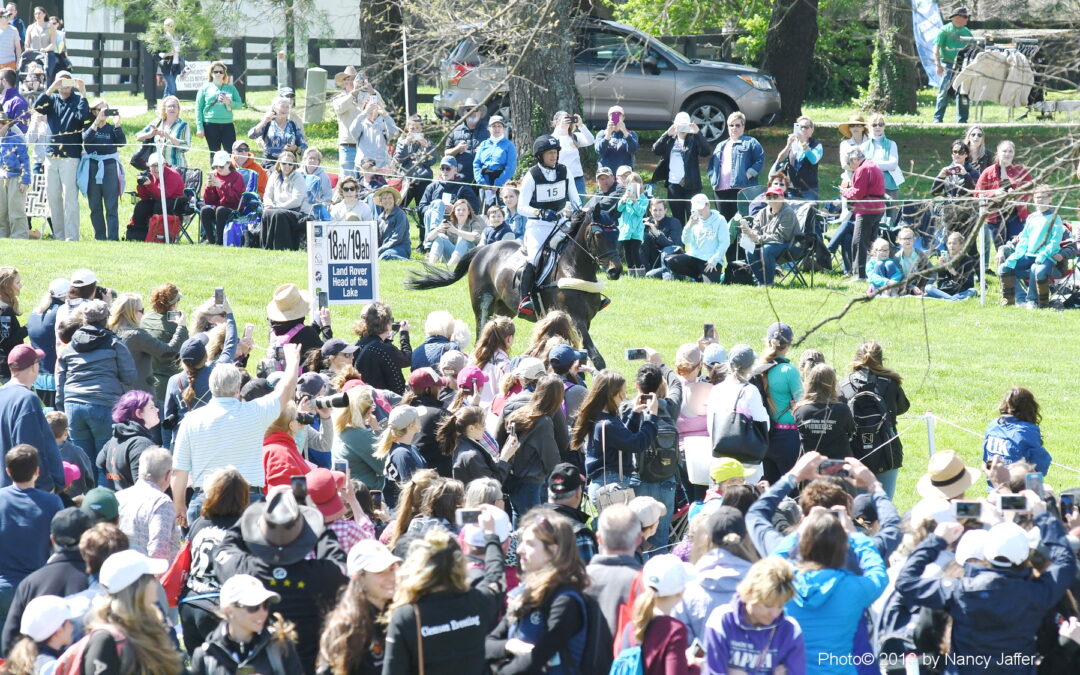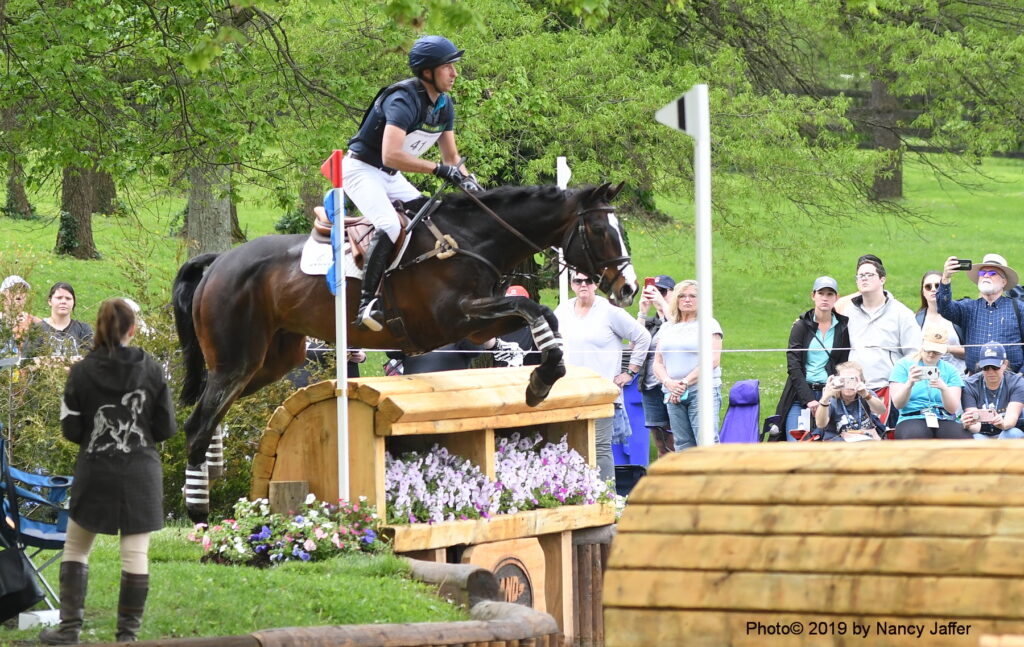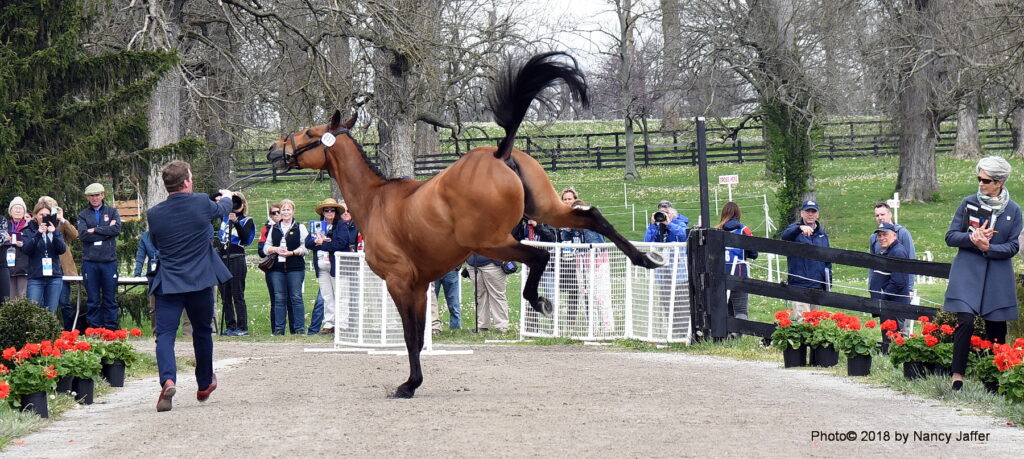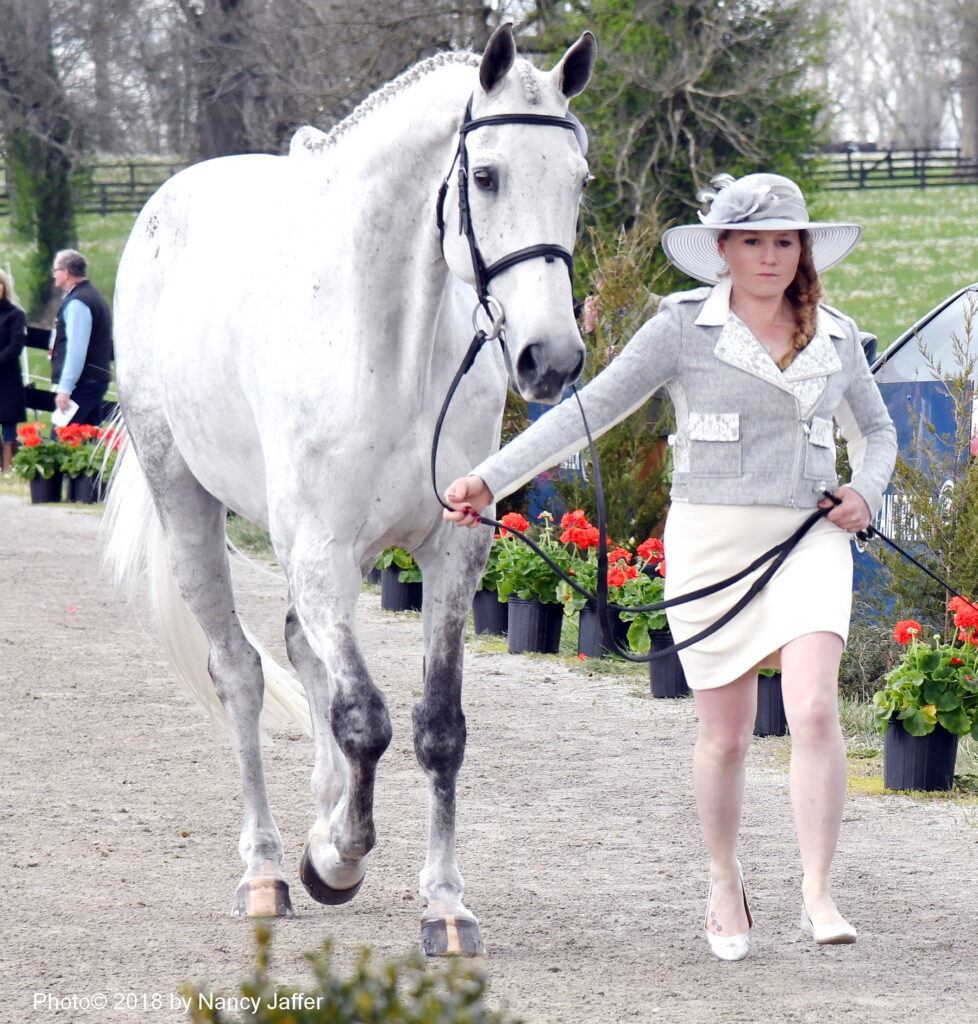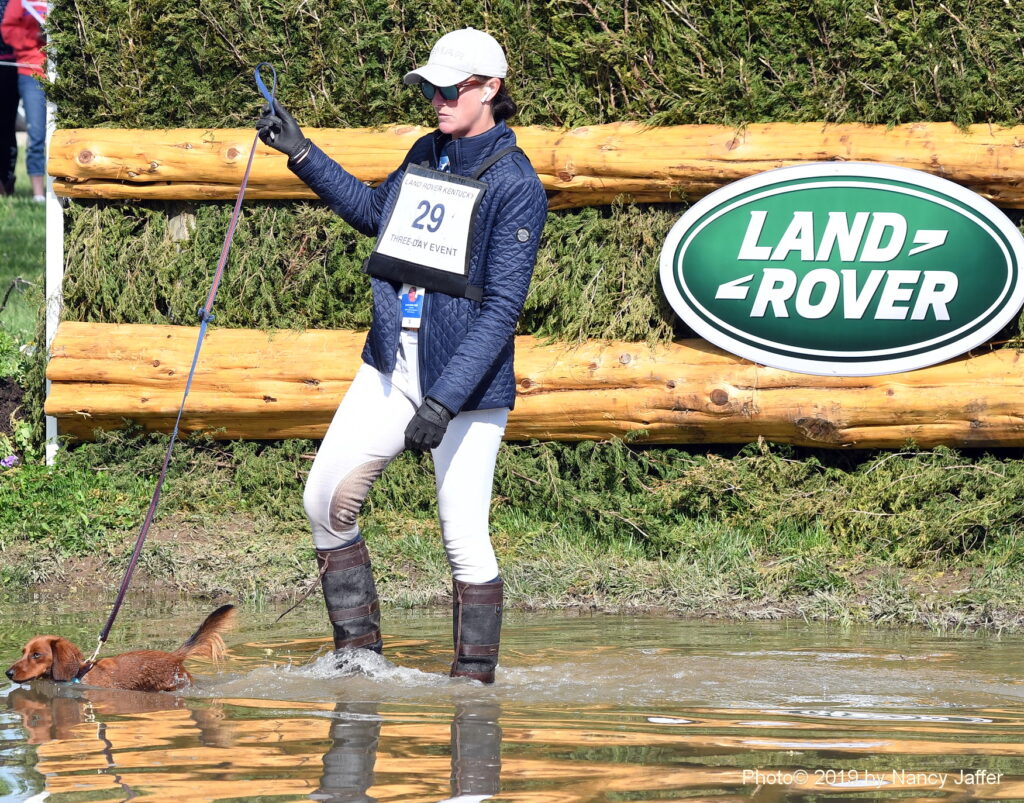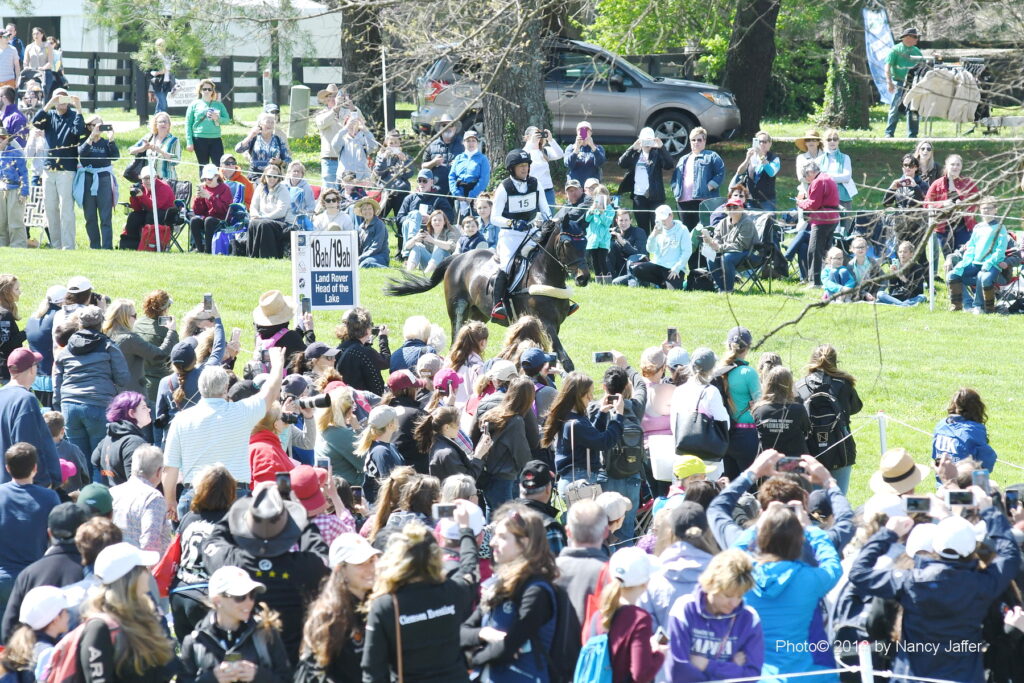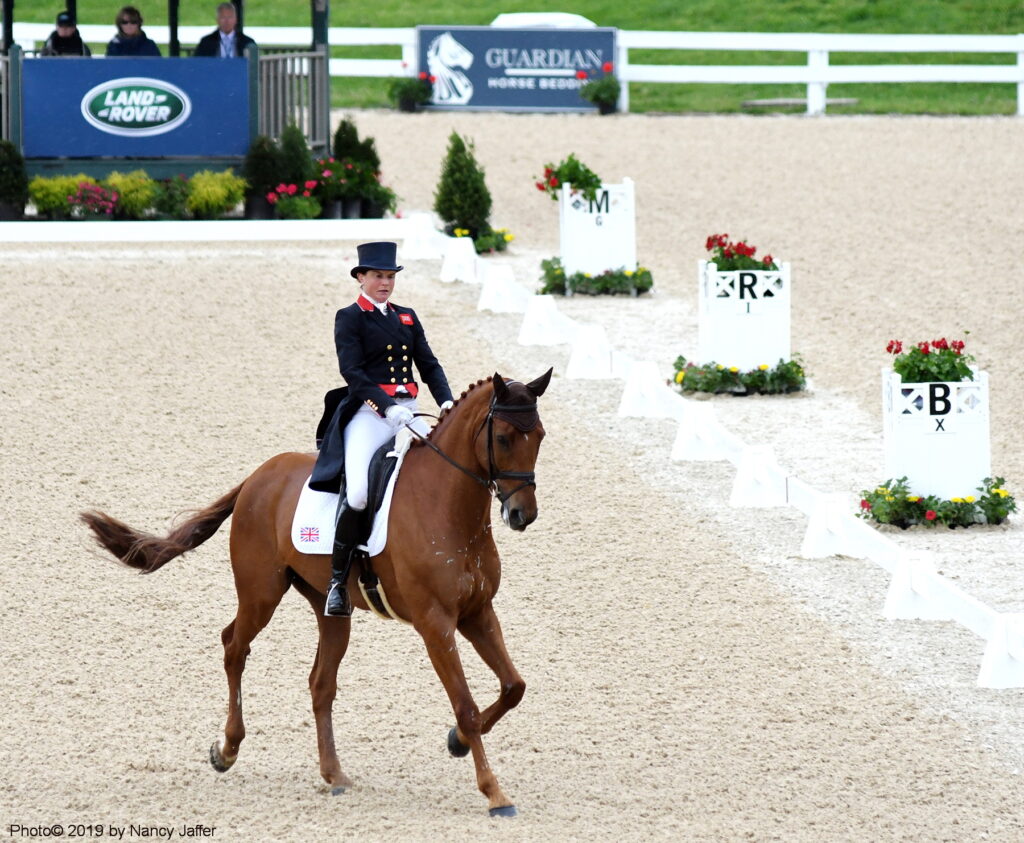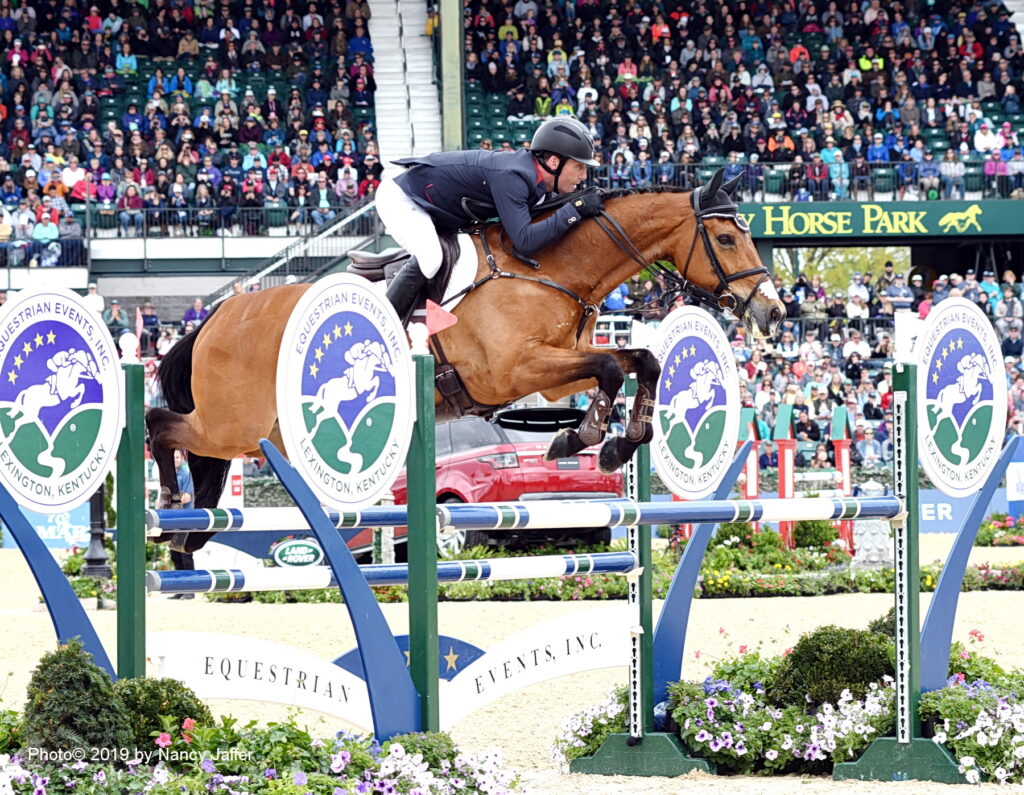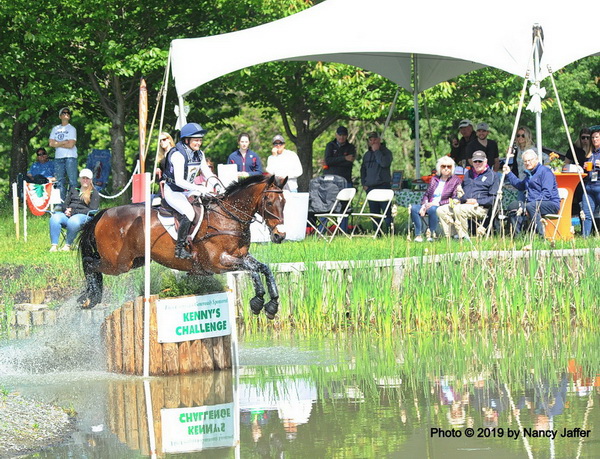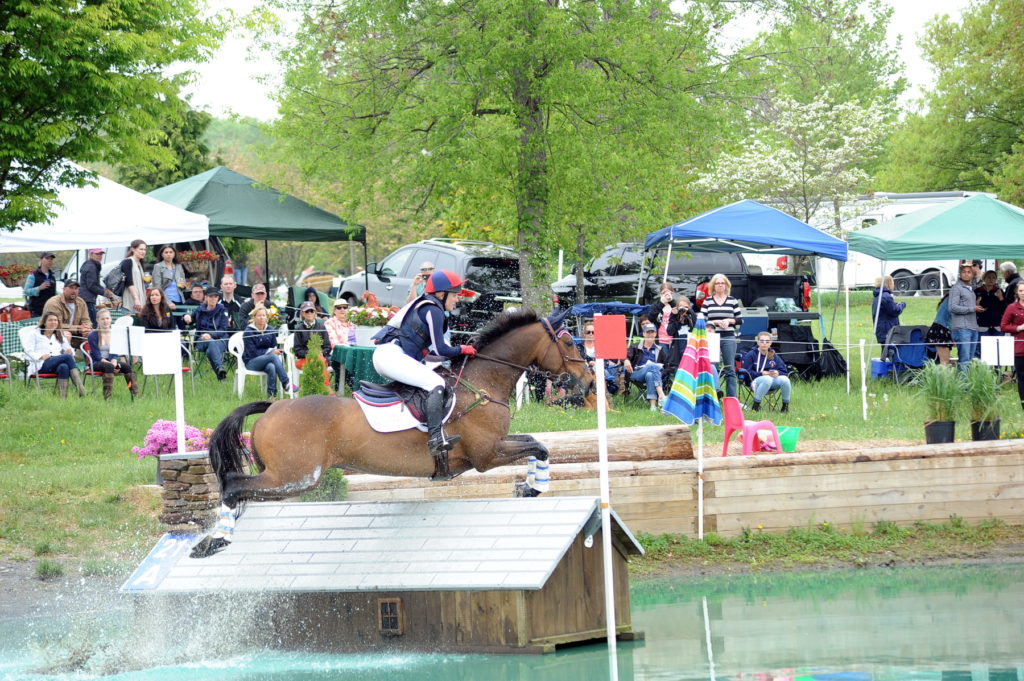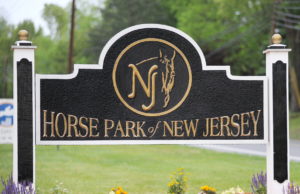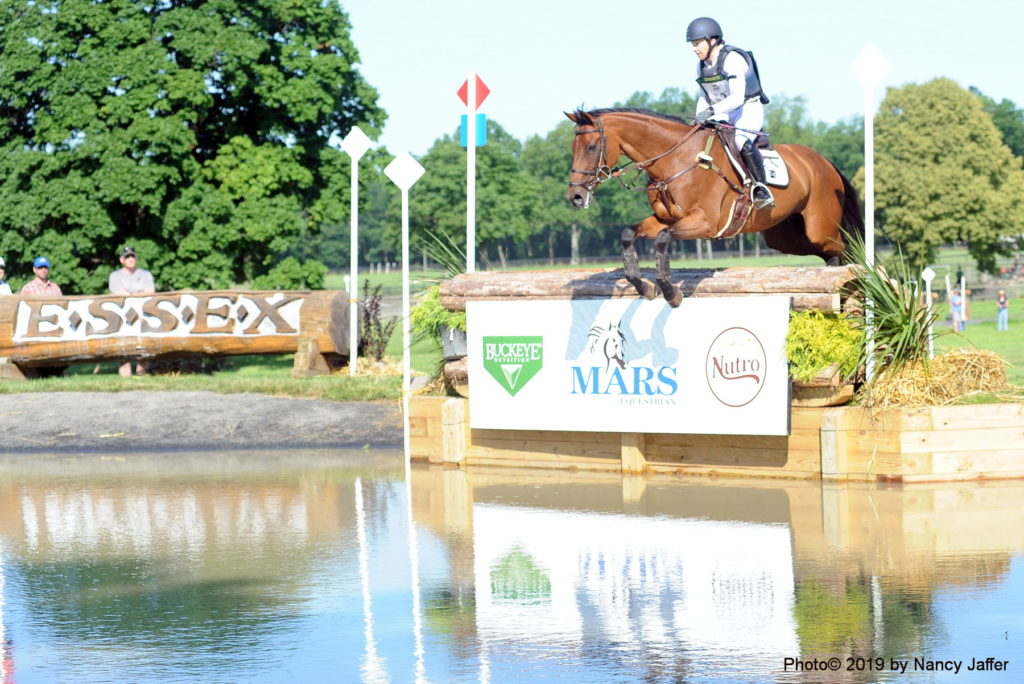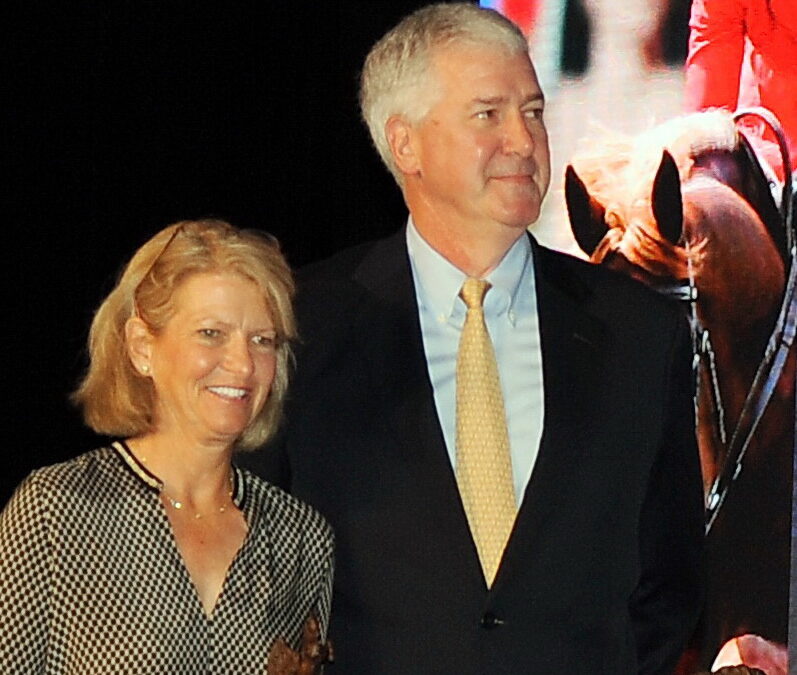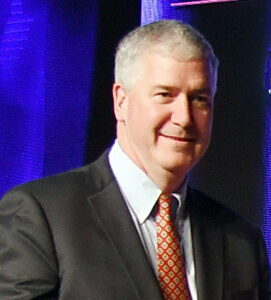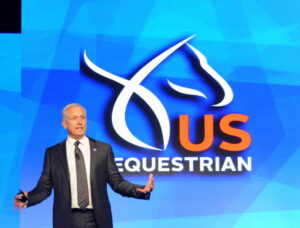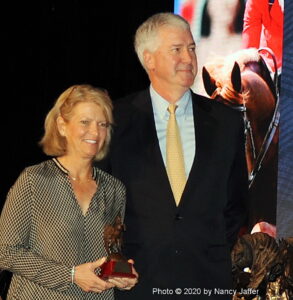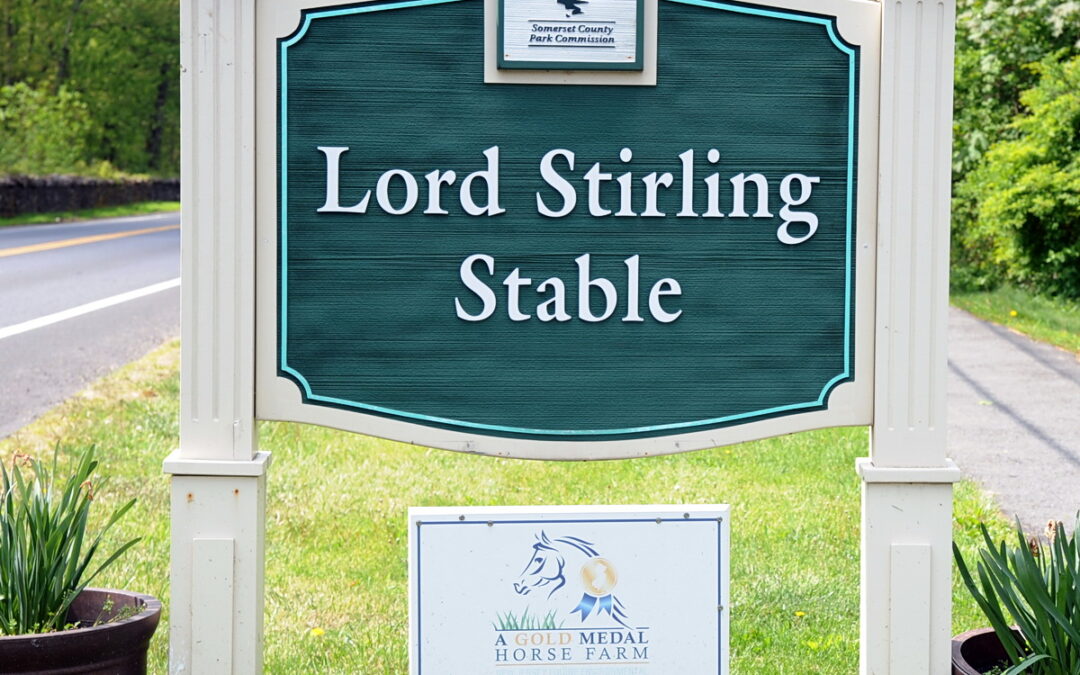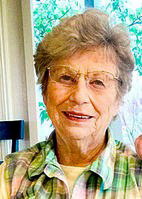Concerned about misleading comments on Facebook in the wake of the cancellation and then revival of the Land Rover Kentucky 5-star event, Jane Atkinson, spoke out–as she always does. The former director of Equestrian Events Inc., which puts on the competition, explains what those who participated earlier this month in an “uncalled-for bashing” of EEI don’t understand. As someone who has been involved with the event since its inception, she wanted to get the correct story out. She emphasized the fact that enough donations were collected to enable the 5-star to run, even without spectators, which “is absolutely wonderful and in the nick of time.” Even so, Janie wonders where people who donated this month were when EEI went public asking for help in mid-September. Here is what she had to say:
Cancellation of the 2020 Land Rover Kentucky Three-Day Event and the USEA American Eventing Championships because of Covid-19 left the organization with bills to pay and no seed money for the 2021 Event. It’s not that anyone could have missed the announcement and request (for help); it was picked up all over. More on the financial realities of organizing an event later.
I think now is the time for a complete and accurate history of how EEI and the Kentucky Three-Day Event came about, so that everyone who chooses to read this post can be as informed as possible and finally realize that EEI, its dedicated and professional staff, its board of directors and its amazing volunteers, has always been competent, frugal and dedicated to running the best competition possible. I would put EEI up against any other organizer in the world and the fact that the other 5* organizers have incorporated many of EEI’s practices and innovations into their events, as EEI has incorporated many of theirs, only solidifies EEI as the equal of any organizer in the world. And on a whole lot less money!
Those of you who opt not to read this post, whether you think you know the complete history (you do not) or don’t care to learn the true facts, sadly speak from a position of disregard. That is just unacceptable.
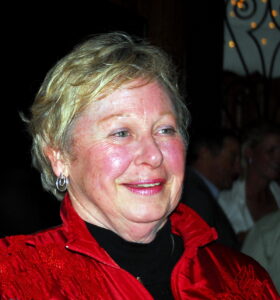
Jane Atkinson.
First a little history of the sport that will surprise many:
1953:The first horse trials in the United States was held in June 1953, at Percy Warner Park in Nashville, Tenn. Now known as the Middle Tennessee Pony Club Horse Trials, it is the oldest continuously running event in the United States.
The Blue Grass Riding Club (BGRC) was formed in Lexington, KY as an eventing group by the horsemanship instructor at the University of Kentucky, a retired Norwegian cavalry officer. It organized the first horse trials in Kentucky. BGRC was the first of what became known as LCTAs, Local Combined Training Associations.
1959: The U.S. Combined Training Association (now U.S. Eventing Association) was established and located in South Hamilton, Mass..
1966:The Mid-South Combined Training Association (MSCTA) was formed in Lexington, Ky., by the aforementioned UK horsemanship instructor and members of the BGRC and covered the states of Kentucky, Tennessee, Ohio, West Virginia and Indiana. It was the first regional eventing organization in the U.S. As a historical note, 1984 Olympic show jumping team gold medal mount Abdullah competed as a 6-year-old in the Training division of the MSCTA Horse Trials held at Lexington’s Masterson Station Park..
Once you are aware of the history above, it becomes less astounding (as many believed) that Kentucky was chosen as the site of the 1978 World Three-Day Event Championships.
Now to the development of EEI and the Kentucky Three-Day Event: It was something of a perfect storm how the following events and people associated with them all seemed to come together at the right time to allow eventing to become one of Kentucky’s signature equestrian activities.
1970: Legislation was approved by the state of Kentucky to create a Thoroughbred Horse Park as a model horse farm because the Thoroughbred farms were closing to visitors after fires were set at several farms. The Thoroughbred breeding industry, and the famous stallions that resided on the breeding farms in the six-county Bluegrass area surrounding Lexington were, if not the largest, certainly in the top three of visitor draws to the state. The legislation put the new state park in the state’s Department of Parks. An employee of the American Horse Council (AHC), a trade association in Washington, DC, who had come to the AHC from the Blood-Horse magazine in Lexington, was their newly hired liaison with the recreational and pleasure horse segment of the equine industry (the term sport horse hadn’t been coined yet). She wrote to the governor of Kentucky urging the direction of the new park to be broadened to include the entire equine industry, since whenever people heard “Kentucky” they automatically thought horse and the state had a wealth of other breeds and disciplines. The direction of the park changed and instead of Thoroughbred State Horse Park, it was named the Kentucky State Horse Park, the term State deleted shortly thereafter and the design of the Park expanded to cover the entire equine industry in its museum, activities and facilities.
1972: The state purchased the 1,032-acre Walnut Hall Stud on the Iron Works Pike In Lexington and a Master Plan was developed.
1974: Amid construction of park buildings and facilities, the first equine event at the Kentucky Horse Park, the High Hope Steeplechase, was held in April on a newly developed steeplechase course constructed and cooperatively financed by the Parks Department and the Lexington Steeplechase Association.
In September, the U.S. won the team gold medal at the second World Three-Day Event Championships at the Burghley Horse Trials in England. The Individual gold medalist was Bruce Davidson of the U.S. and that win gave his country the right to host the next World Championships in 1978.
In October, the executive director of the Kentucky Horse Council, a state agency created to promote, preserve and strengthen the equine industry in the Commonwealth of Kentucky, was approached at a horse trials by the Chief Judge, a retired Hungarian cavalry officer, who advised of the U.S. World Championship wins (there was no worldwide web back then) and the right of the U.S. to host the next World Championships by virtue of Davidson’s Individual win. He asked if the Kentucky Horse Park, where construction had just begun, might be a viable venue. The answer was yes!
The idea was broached to the council members (appointed by the governor) who, after requiring research about the sport and onsite evaluation by several knowledgeable horsemen and horsewomen, unanimously approved taking the proposal to the Kentucky governor. Ultimately approved, the project was housed in the Kentucky Department of Parks, with the Kentucky Horse Council as the advising agency. An extensive bid package was prepared and submitted to the American Horse Shows Association (AHSA, now U.S. Equestrian Federation).
1975 :After considering all bids and site visits, the AHSA Board approved Kentucky’s bid and the U.S. bid was accepted by the Fédération Equestre Internationale (FEI), the international governing body of equestrian sport. The Kentucky Horse Council and the Department of Parks began the process of putting together an organization to stage the 1978 World Championships. Many horse enthusiasts in Lexington and the surrounding area were ready and willing to serve as volunteers on the board of what would become Equestrian Events Inc.(EEI).
The organization was set up as a non-profit charitable corporation so that donations could be tax deductible. Unlike the situation with most charitable organizations, however, the members of the EEI board were not expected to open their checkbooks and donate, then sit back and oversee the management of its charitable function. They were expected to provide support by taking on various roles in the production of the competition, which they continue to do.
The Mission Statement of Equestrian Events, Inc.:Equestrian Events, Inc (EEI) is a non-profit, charitable organization that supports the development of equestrian sports through the staging of events at the highest level. EEI seeks to provide development opportunities for riders, horses and equine organizations, and to elevate the competitiveness of the United States internationally.
1976: The first eventing competition for EEI, and the first ever held at the Horse Park, was an Advanced Horse Trials. Meanwhile, sponsorship and donation solicitation, developing the competition facilities necessary to produce a World Championship competition, creating hospitality designs and packages and ticket pricing was ongoing. At the same time, Kentucky’s Department of Parks was constructing not only the elements of a park that would exhibit the vast history and relevance of the horse in the world but also the Dressage complex and the Jumping venue for the World Championships. The Cross-Country Course was being constructed by course builders who were professionals in that art hired and compensated by EEI.
1977: The year before the World Championships, EEI produced two competitions, the National Pony Club Rally and the National Junior Three-Day Event (the category of Young Rider hadn’t been created yet).
1978: With an estimated 170,000 in attendance over the four days of the competition, the first World Championship Three-Day Event outside of Europe was a success that brought both the sport of Eventing and the Kentucky Horse Park recognition and awareness in the United States and, indeed, worldwide.
1979 to the Present: The American Horse Shows Association asked EEI to continue to produce a Three-Day Event at the highest level annually following the World Championships. The event was moved to the Spring and in 1982 to its current date to escape the heat and hard ground that was almost a constant at the end of May. In 1998, the Kentucky Three-Day Event was granted 4* status, putting It on a par with the two pre-eminent events in the world, Badminton (1949) and Burghley (1961) in England. When the FEI added a new, lower level 1* competition, all other events added one star to their competitions, hence the current 5* designation for Kentucky.
Today and Beyond: EEI is different from most non-profit charitable corporations in that it does not rely solely on donations to fund its mission. It produces events to fulfill its mission. The Kentucky Three-Day Event has been the primary such event, the continuation of the discipline that brought it into being. It provides a competition at the highest level of eventing and ensures the inclusion of foreign competitors, since not every potential candidate for a U.S. eventing team has the opportunity or finances to travel to other countries to gain experience in international events against those countries’ top competitors.
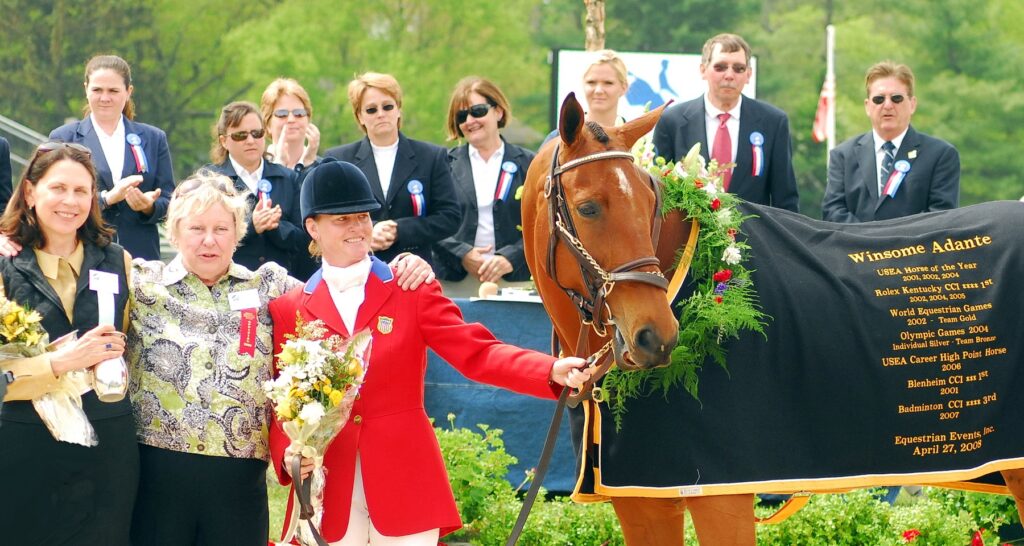
Jane Atkinson, center, with Linda Wachtmeister and Kim Severson at the 2008 retirement of Winsome Adante. (Photo © 2008 by Nancy Jaffer)
Spectator admissions, hospitality packages and sponsorship provide the majority of the funding to produce the event. And while they produce revenue, they also create the expense of servicing each entity in addition to the myriad expenses of conducting the competition – payments to the Kentucky Horse Park (stabling, rental of areas and facilities used for the competition, admission proceeds, etc.), maintenance and repair of the track of the course (some 1,500 horses from other events at the Park run over much of the area used by the Kentucky Three-Day; EEI repairs and pays for that), security, Cross-Country Course design and construction, rental of show jumps, etc.
If any one of those revenue-producing centers is reduced, to any degree, the bottom line is negatively affected. In 2020, there was no revenue production. No funds coming in. And while EEI laid off and furloughed employees, some staff had to keep things going and working toward a return in 2021. While ticket sales had produced revenue, and they produce the largest portion of revenue, the option of refund or carry over to 2021 was offered. But EEI cannot use the revenue from those who carried over their ticket purchase to 2021, because they have yet to provide those ticket purchasers with the item for which they originally paid.
Do you think EEI should have a big reserve that would carry them through a year of no usable income? And then have funds to produce a full-scale event the next year when spectators, the major source of income, were not going to be allowed? Sponsorship? Spectators equal sponsors. Every non-profit strives for a reserve. But in EEI’s case, contributing to a rainy day fund is dependent on whether they have funds left over from putting on the Event, not donations or contributions from the sport itself. EEI could have budgeted its existence and that of the Kentucky Three-Day Event on such donations. It chose, however, to create an event that was necessary for the growth of the sport and to work to have that event pay for itself, rather than ask the sport it has always tried to help pay for the competition.
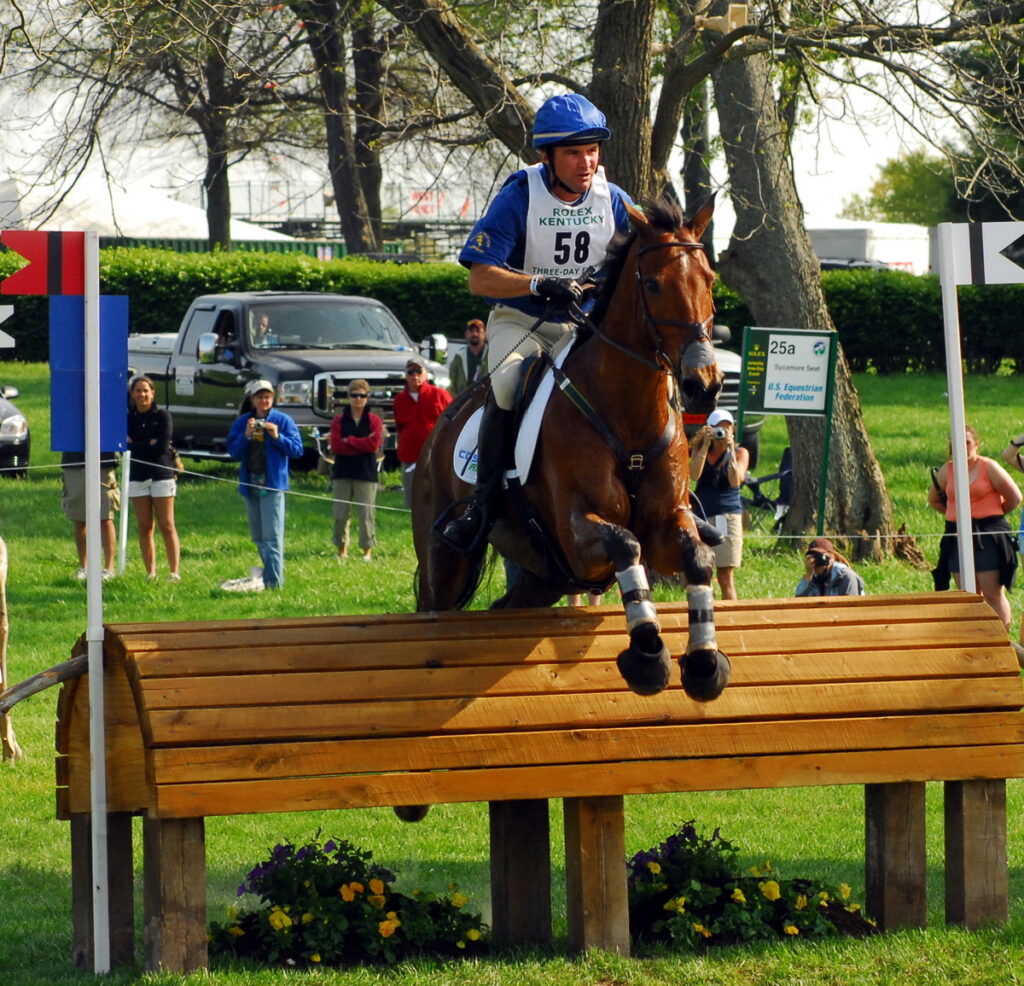
Phillip Dutton rode Connaught to become the last American to win the Kentucky event in 2008. (Photo © 2008 by Nancy Jaffer)
The “profit” margin for an eventing competition that is paid for through sponsorships, hospitality and admissions is not statistically significant 99.9% of the time because those sponsorships and admissions have costs associated with them so it’s not a 100% charitable contribution as it would be if donations were the source of the funding, since most donors don’t receive something of value for their donation. If they do, as is apparently expected by the crowdfunding donors who contributed to EEI, the amount of the donation is reduced by the fair market value of the item received.
Putting on an eventing competition at any level is a costly endeavor. The reserve EEI built up over the years got them through 2020, but now they have experienced a second year of no income because they didn’t know if they would be able to run in 2021. Before anything can be put in a rainy day fund, seed money to get the event started for the next year has to first be put aside. That couldn’t happen in 2020.
I was event director for 26 years, beginning in December 1984 with the 1985 event and lasting through the October 2010 event and the eventing discipline of the 2010 FEI World Equestrian Games. The event I took over had lost money the year before. A board member took out a personal loan of $3,000 and donated it to EEI so the organization could begin working toward the 1986 event. EEI never looked back.
EEI has never spent frivolously or foolishly. We did, however, reduce entry and stabling fees, provide competitors with a travel allowance, minimal stabling fees and increased prize money little by little. Why, you ask, when most events gain their income from entry and stabling fees? Because it takes a whole lot of money for a rider and horse to get to 5* level and when they get there, EEI and its sponsors agreed that neither the rider nor owner should have to pay a bundle to compete at that level.
While I’m only a volunteer now, I’m sure EEI still has the same constraints and fiduciary problems as it did when I was there. There is nothing nefarious, irresponsible or incompetent going on with EEI or the people associated with it.
And here’s what is very important for everyone to understand: Organizers have no overriding responsibility to put on an eventing competition, at any level. Landowners have no responsibility to allow their land to be used for an eventing competition. Both certainly gain very little monetarily, if anything. They only have the satisfaction of supporting a sport they love, doing a job well and providing riders and owners the opportunity to compete their horses.
Now you know the history of EEI and the Kentucky Three-Day Event. Please stop criticizing and start supporting an organization that, essentially, with the 1978 World Championships, the Kentucky Three-Day Event and the 2010 FEI World Equestrian Games, brought eventing in the U.S. to a pinnacle.
You can still make a difference. Remember that your contribution is tax deductible up to $300 if you don’t itemize. Same if you contributed in 2020.
www.kentuckythreedayevent.com/donate
You can donate to EEI at any time. And don’t ask what you get for your contribution. You get the Kentucky Three-Day Event. I think that’s enough.
